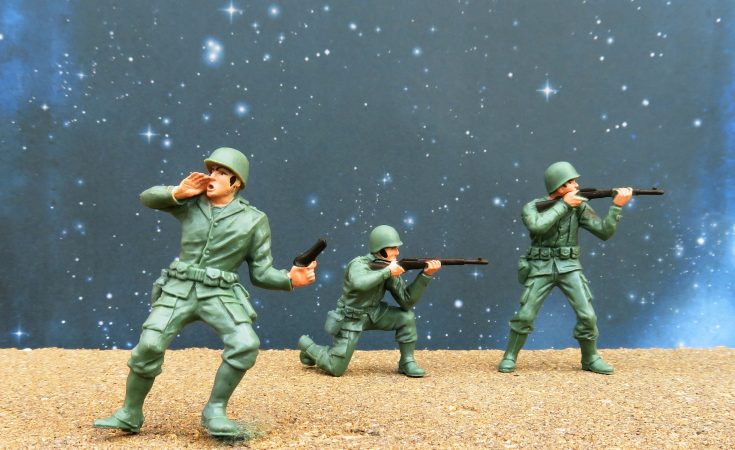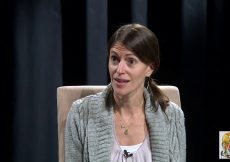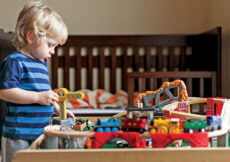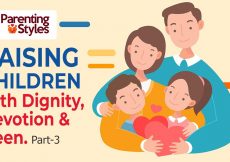It’s hard these days to avoid the subject of war and conflict.
The war in Ukraine and its invasion by Russia are everywhere! On TV, on the radio, on social networks, at school, in shops, that’s really the last topic that lives in all mouths… Even if your children hide their emotions, they can be deeply upset inside, in their inner Self…
Children talk to each other. School is a place in which information may quickly spread. Also, it is impossible for your children to ignore everything and to know nothing about Ukraine and Russia conflict…
It is not pleasant but you are parents and at the present time you are faced with your responsibilities to spread safety and support to your little ones
Without writing a very long post, today I just wanted to share with you what is currently happening in my office as a sophrologist and practitioner in psychology. I just want to share my thoughts with you.
Usually I receive during the week 1 child and 5 adults. I’m talking about new customers. Besides that I have my regular customers who have been coming for years. Parents bring their children to my office to resolve school issues, anxiety, bullying consequences, shyness and such troubles…
Since the Covid the number of children coming to my office had already increased: 2 children and 5 adults as new clients. The children came for problems related to post-lockdown. Most were afraid to move around the house on their own since confinements ended.
Currently and since the beginning of the Ukrainian conflict, I welcome 3 children and 5 adults as new clients. My adult clientele has therefore remained stable, but as you see the children’s clientele has progressed. These children come for anxiety related to the Covid and now… to the war! They are anxious about what takes place in Ukraine.
Their parents ask me: “What should we do to prepare for the following?” which means that they are afraid that the conflict will spread to all of Europe. The fear of World War 3 is already here. If I question more as, “What do mean by using the word Following?” the parents all answer: “What are you doing? Have you bought iodine? Are you stocking up on food and water? Would it be alarmist to do so?”
When you are taken by surprise into an event you did not expect, such as a cataclysm or an earthquake, well, no, you couldn’t know! But there, in the current situation, you cannot ignore or turn a blind eye…
In reality what can I answer to that kind of personal questions? My answer is invariable and neutral. I tell them that when you are taken by surprise into an event you did not expect, such as a cataclysm or an earthquake, well, no, you couldn’t know! But there, in the current situation, you cannot ignore or turn a blind eye. It is obvious that the situation may change and may evolve quickly (good or bad new). As soon as WE KNOW, it is our duty and our responsibility to protect our children as well as possible. I’m not talking about building a bunker in your backyard, that’s not my point! But to prepare without panic, without fantasies, without delusions, thinking back, perhaps, to the way our grandparents and our great-grandparents tried to prepare to a kind of psychological war and then a real war in their time. Personally, I believe that preparing for and considering what happens next is more common sense than paranoia. And it may also be our role as parents to anticipate all situations. And already here in France we see another war taking shape: that between those who take their precautions and start storing and those who refuse to imagine that this war can win our country! Some words about it are detestable and violent. Those who do not prepare accuse those doing it of being individualistic…
French is the best at creating division within division itself…
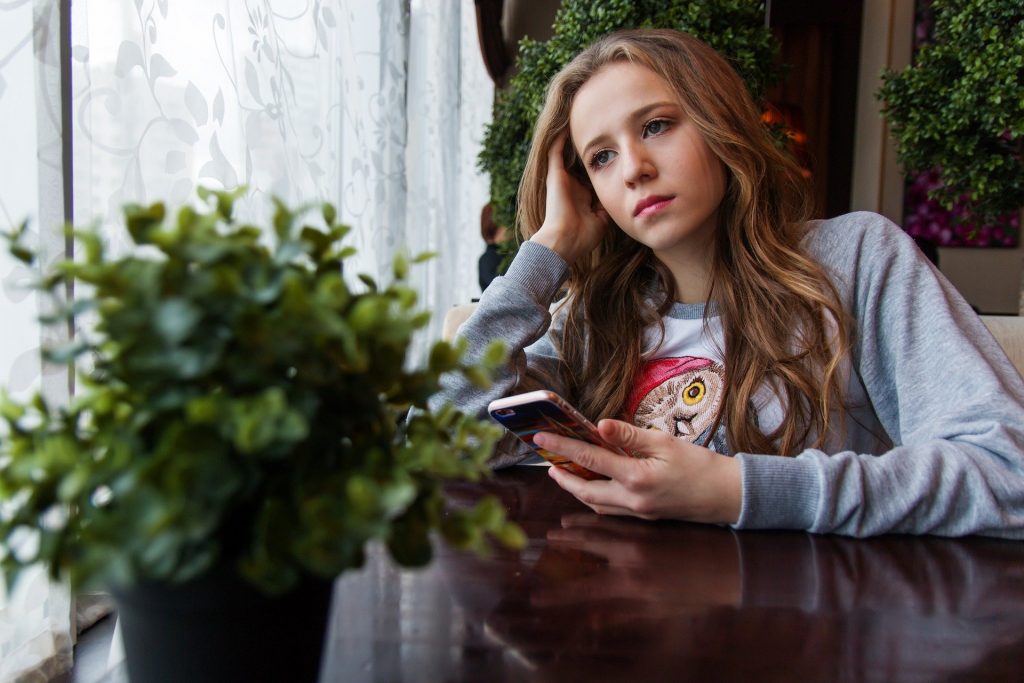
Yesterday I had a coffee in town. I heard a woman saying to another: “We have prepared our cellar with food, blankets, water, iodine and masks for the kids in the event of a nuclear attack”. Her friend, annoyed, replied: “It’s ridiculous because anyway it will be useless! If there is an attack we will all die!” It’s very French. French is the best at creating division within division itself…
The point is certainly not to prepare like the pros for a war which for the moment remains hypothetical, but to get a reassured conscience as young children’s parents. If you are reassured, if you have already done your best to protect your family, you will surely feel more relaxed. You can continue to live normally. Let’s not forget the emotion of fea comes from 2 things: the precautionary principle but also a poor preparation (you know deep inside you didn’t give your best to be ready). A child feels fear if he has a math test and hasn’t learnt his lesson. It’s the same with preparing for the future!
Here are some tips to help your children to overcome the fear associated with Ukraine-Russia large-scale conflict
- It’s up to you to create a verbally and morally safe environment so that your child can talk to you about the subject that scares him the most. Feel free to talk about it over a drink and chips or brownies. If the subject is serious, try to relax the atmosphere as much as possible. Things will be said more easily.
- Try to identify your child’s fears and anxieties. Is he afraid of the arrival of soldiers or of running out of food? Is he afraid of a nuclear threat? Do not propose any topic, let him say things or draw them and then talk only about what he has discussed while being reassuring. For example it is good thing to also talk about soldiers and military teams who are paid by the country to ensure our security. Focus the conversation on the positive side. Avoid expressing anger towards one country or another. To speak maliciously about a country is to empower malevolence. Instead, talk about the benevolent initiatives of many countries such as helping refugees.
- Practice a children’s Metta meditation with your child. Metta meditation works on grounding. I will publish one in English very soon HERE.
- Rather than panicking every time bad news hits your smartphone, make the choice to move forward with full awareness; Do concrete things and leave no room for negative thinking. By remaining connected to the concrete and the daily needs of your home, your children will be reassured.
- If your children are teenagers, make sure they don’t watch the news more than once a day, at noon for example. Avoid watching the news in the morning and evening. Don’t ruin your morning or your night!
- Don’t leave a conversation about a serious subject like war “open”. Be sure to conclude your conversations even if your conclusion is temporary it must be clear and well defined. Mark the end of the discussion with your child by suggesting another activity (bath, snack, game, etc.)
- During conversations, be sure to counterbalance each negative notion. There are wounded and deads but there are also survivors and solidarity. There is malevolence but also benevolence. People flee their country but are warmly welcomed elsewhere, that’s what we call hospitality. Use positive notions against negative notions.
- Be available for your child at all times if they want to talk about their fears and anxieties about the war in Ukraine.
- Show your child that he is surrounded by loved ones, a family, a community, a country, that people are working for his safety. Seeing friends is a good way to reassure him by showing him the power of socialization.
- Finally, here is the best advice I can give you to reassure your child. Talk to him about the non-permanence of things. Don’t get into complicated Buddhist principles! Just explain that all good things come to an end like the carnival. Even if going to a carnival is funny and pleasant, he won’t stay there for 3 days! It’s the same for a birthday party! If a person hates snow he can be reassured: the snow will eventually melt and disappear! The same is true for events. Firefighters put out the fires. Rain compensates for droughts. A conflict also has a beginning and an end! Non-permanence is a core life principle!

